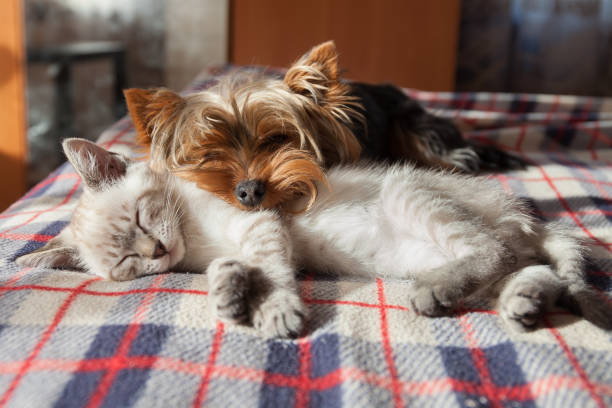What Pregnant Ladies Required To Understand About Cat Litter.
Wiki Article

Expecting a child is a wondrous event, but it also features a myriad of obligations and factors to consider, particularly for family pet owners. Among the lots of concerns that develop throughout pregnancy, one that frequently flies under the radar is the concern of cat litter. While seemingly harmless, cat litter can posture risks to pregnant females and their unborn infants if not managed correctly. In this short article, we explore the essential info every expectant mom who owns a cat must know to guarantee a safe and healthy pregnancy.
The main worry about cat litter during pregnancy depends on its association with toxoplasmosis, a parasitic infection triggered by the Toxoplasma gondii parasite. Cats, particularly those who invest time outdoors, can end up being infected with this parasite by hunting and consuming contaminated victim or by coming into contact with polluted soil. As soon as contaminated, cats can shed the parasite in their feces for a short duration, normally one to two weeks, which is when they end up being carriers of the disease.
Toxoplasmosis itself might not trigger any signs in healthy individuals, but it can have serious repercussions for pregnant females and their coming babies if contracted during pregnancy. The parasite can be transferred to people through unexpected intake of contaminated cat feces, soil, or undercooked meat including the parasite's cysts. In pregnant ladies, toxoplasmosis can cause miscarriage, stillbirth, or genetic disabilities in the baby, such as hearing loss, vision impairment, or intellectual impairments.
Provided the prospective risks related to toxoplasmosis, pregnant females are typically encouraged to take precautions when handling cat litter. Here are some essential steps to minimize the risk of infection:
If possible, ask a partner, relative, or friend to take over the task of cleaning up the litter box throughout pregnancy. This lowers direct exposure to feline feces, decreasing the threat of infection.
If you need to clean up the litter box yourself, use disposable gloves and a mask to prevent direct contact with the feces and inhalation of airborne particles.
Ensure the litter box is cleaned daily. The Toxoplasma gondii parasite needs a duration of one to five days to become infectious after being shed in feline feces. Trigger removal of feces reduces the chance of transmission.
After handling cat litter or cleaning the litter box, clean your hands thoroughly with soap and water to remove any potential contamination.
Avoid gardening or dealing with soil, particularly without gloves, as it may consist of Toxoplasma gondii cysts from cat feces.
Clay Cat Litter To reduce the threat of contracting toxoplasmosis from food, ensure all meat is prepared completely to kill any parasites present.
n addition to taking preventative measures when dealing with cat litter, pregnant women might also think about changing to alternative litter options that posture very little threat. Here are some options to traditional clay-based cat litter:
Silica gel litter is extremely absorbent and efficiently manages smell. It postures a lower danger of harboring parasites compared to clay-based litter.
Litters made from natural materials such as recycled paper, wood pellets, or corn are eco-friendly and environmentally friendly. These litters are generally thought about safe for pregnant women to manage.
Litters stemmed from plant-based products like wheat, corn, or cat litter box furniture pine offer an environment-friendly alternative to conventional clay litter. They are automatic cat litter box devoid of damaging chemicals and are safe for pregnant women and their family pets.
Similar to any concerns during pregnancy, it's vital to consult your healthcare provider for individualized guidance and suggestions. If you have any questions or unpredictabilities concerning cat litter and its potential dangers, do not hesitate to discuss them with your obstetrician or midwife. They can supply guidance tailored to your specific circumstances and assist reduce any issues you may have.
While owning a cat can bring tremendous joy and friendship, it's necessary for pregnant women to be knowledgeable about the potential risks related to cat litter and take appropriate safety measures to secure their health and the health of their coming child. By following basic guidelines and seeking assistance from doctor, expectant moms can browse this element of pet ownership securely and enjoy a carefree pregnancy along with their feline companions.